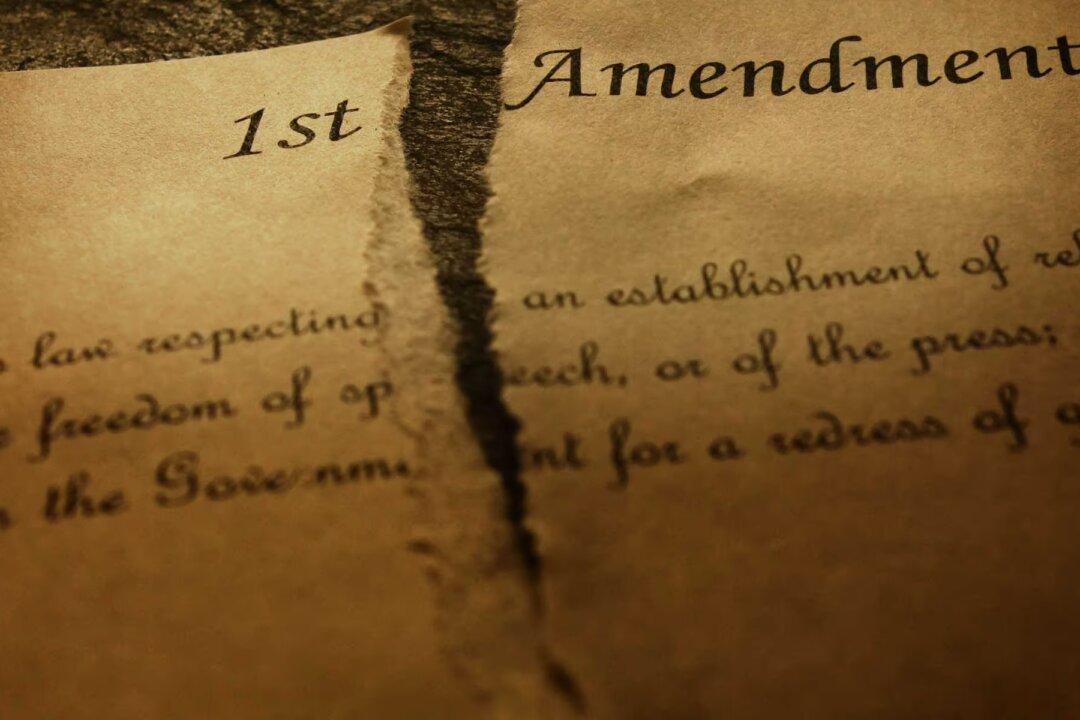Commentary
The debate over censorship is maturing quickly. And the manner in which it is happening sends a clear message: The censors are losing the debate. They cannot defend what they have done over the past four-plus years and now can only resort to forced silencing.





